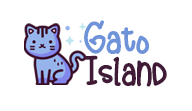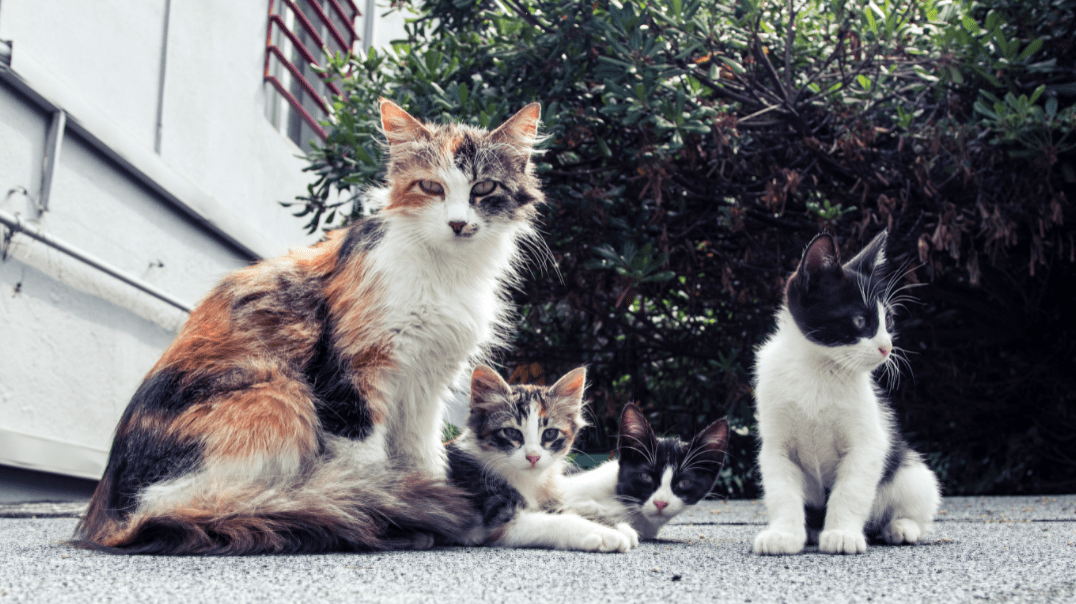There is nothing but pure joy when one of your pet cats gives birth to little munchkins. You cannot get enough of them, and you love their little meows and cute paws. Everything is good and upbeat until you discover one or more kittens missing and end up finding that their mother had eaten them up? If you do not know that this is a normal mother cat behavior and that this is something that sometimes happens to cat owners, you would be having gagging fits by now.
Is it Normal Mother Cat Behavior?
To put your worries and troubled mind at ease, it is quite normal for new mama cats to eat their kittens. No matter how disturbing it might sound or seem to you, it is a part of nature’s process. There is not possibly anything you could have done to avoid it if the mama cat had decided on it.
Why Mother Cats Sometimes Eat Their Kittens?
There is no arguing in the fact that cats as mothers are very protective of their children. They do everything in their control to keep their babies away from harm or any sort of affliction. So, the reasons they might munch on their young ones are:
1. Kitten(s) is Stillborn or has Birth Defects
Often, when the kittens are stillborn or bear some birth defects, the mama cat may eat them. However, this is not the case with every kitten born with a birth defect. In other instances, the mama cat might not eat her kittens but ignore them to the point that they die. If you have experienced that your mother cat often leaves a kitten behind or someplace else while watching over others like a hawk, this might be the case. The sick kitten is often left behind or separated from the rest of the litter.
If you encounter such a case, it is best to gently remove the sick kitten from the litter and feed it yourself. It is best to have the little one checked by a vet.
2. When Mother Cat is stressed
Giving birth is an easy task – it includes extreme patience and high pain sensitivity. Stress is a common trend noted among mother cats. They are highly susceptible to high stress levels after giving birth as they are afraid of failing to protect their children from the external environment. Constant loud noises, a lot of people passing by the place the litter of kittens are kept tucked, or human handling of the kittens are some of the top reasons that induce stress in mother cats. All these factors and the constant fear of predators can significantly contribute to the scenario wherein a mama cat eats her young ones.
3. Protecting Them from Predators
Felines have an innate instinct to protect their little ones from predators and the external environment. This is not only true for wild cats but also domesticated ones. All mother cats are gravely protective of their young ones, and if placed in an unfamiliar environment, the fear of predators taking away the babies and harming them makes the mother cat eat her babies.
4. In the Face of a Threat
If you have had cats as pets for a long time, you must be familiar with how possessive, and overprotective mother cats are for their kittens. They do not let anyone near their kids in the initial few days. If this is not taken care of and the mother and kittens are not given enough space and protection in the beginning, the mother cat may feel threatened and eat her young ones.
5. In Case of Malnourishment
Mother cats might eat their kittens if the mama cat is severely malnourished after birth. Often if the mother is not getting enough nutrients and food that her body requires, she might end up gobbling her kittens. She does this not for her own sake but to be nourished enough to feed the other kittens.
If you are a proud owner of a cat and her cute little kittens, make sure that the mother cat is fully nourished to feed her kittens so that this horrific situation does not take place.
6. Feline Mastitis
If mother cats develop an infection in their mammary glands after giving birth, this is known as feline mastitis. It is a painful condition and can be very risky for the kittens as the infection may be passed onto them when they feed. This, coupled with mastitis pain, is sometimes unbearable for the mother cat, and they may eat their kittens. Some mother cats also ignore their little ones in such a situation.
If you notice the latter happening, gently remove the kittens and feed them separately while their mama gets medical attention.
7. Cesarean Birth
Though this is very uncommon, if the kittens are born via a C-section, the chances are that the mother cat would most probably not recognize her kids. Since natural birth triggers maternal hormones and related feelings, the mother cat may not recognize kittens born via cesarean surgery. She might end up eating her kittens as she might perceive them as prey.
Also, if the kittens are handled too much by the humans instead of the mother cat, she might not get used to them properly and end up eating them up.
How to Know That the Mother Cat Has Eaten Up Her Kittens?
Cats as small as newborn kittens can’t walk around. So, if you maintain a headcount without intruding on their privacy, it is the simplest way of knowing.
What to Do if This Happens?
If you notice that your mama cat has eaten up her little ones, you should immediately take her to the vet. Gently separate any other sick or defected kitten from the litter and take care of her. Get the mother cat checked by a vet so that the underlying issue can be treated.
Cats are Also Mothers
Mother cats also go through a challenging phase after giving birth, including physical or mental discomfort. Get your cat checked and pay extra attention to the sickly kittens if the mother cat is not feeding her young one, not protecting them from predators, or being aggressive towards the kittens. These and numerous other signs of maternal behavior must warn you about the looming doom. So, take care of it before something bad happens.

